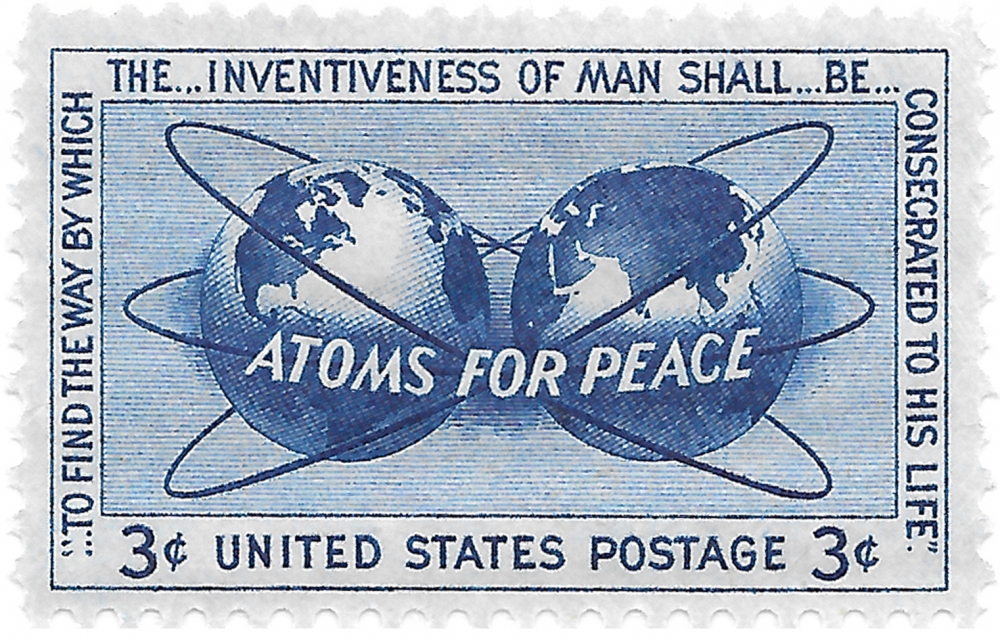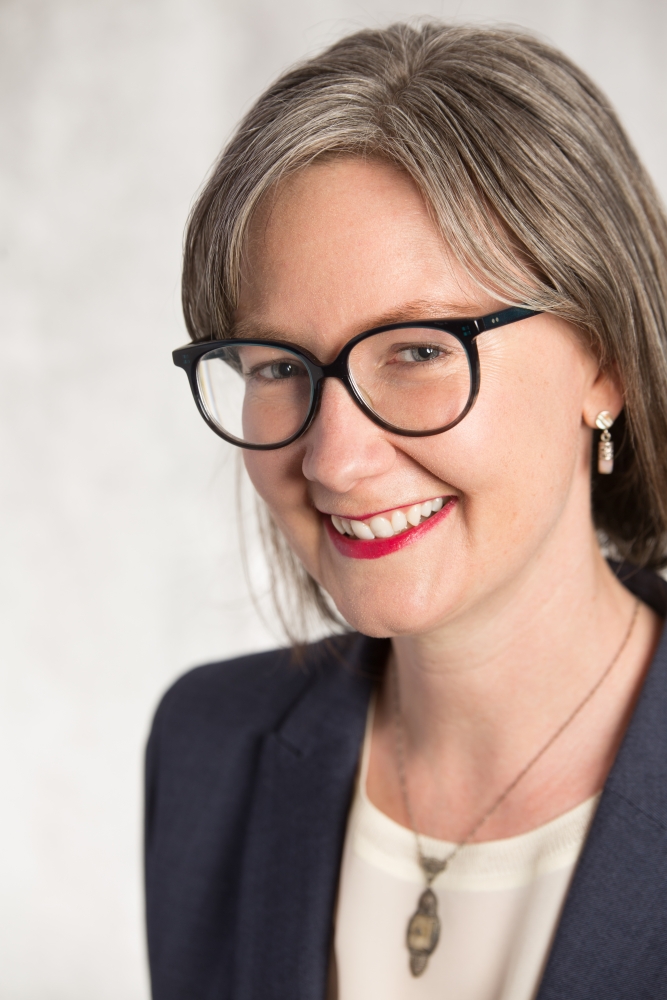
Science, Freedom and the Cold War

Though the Cold War ended long ago, the language of science and freedom continues to shape public debates over the relationship between science and politics in the United States.
From the late 1940’s through the late 1960’s, the U.S. foreign policy establishment saw a particularly American way of thinking about “scientific freedom” as essential to winning the Cold War.
Historian Audra J. Wolfe will discuss that and more when she presents UC Santa Barbara’s 2019 Lawrence Badash Memorial Lecture. Wolfe’s talk, “Science, Freedom, and the Cold War: A Political History of Apolitical Science,” will take place at 4 p.m. Wednesday, April 17, in the McCune Conference Room, 6020 Humanities and Social Sciences Building. The event is free and open to the public.
Wolfe is the author of “Freedom’s Laboratory: The Cold War Struggle for the Soul of Science” (Johns Hopkins University Press, 2018) in which she uses newly declassified documents to show how the U.S. scientific community came to embrace the ideal of apolitical, objective, international science, even while drawing ever closer to the national security establishment.
“Audra Wolfe’s scholarship sheds light on how politics and science were intertwined during the Cold War. Her talk Supposedly apolitical American science — in contrast to the ideologically tainted sciences the Soviets did — was used as a weapon to advance U.S. interests,” said W. Patrick McCray, a professor of history at UC Santa Barbara and a specialist in the history of science and technology in the 20th century.
“During the Cold War, the U.S. government promoted the idea that American science was apolitical when it was anything but,” he continued. “Seen more broadly, Audra argues in her new book that, no matter how much scientists might claim otherwise, their research — whether done in the U.S., China, Russia or wherever — is always tied to politics at some level.”
Presented each year by UC Santa Barbara’s Interdisciplinary Humanities Center, the Badash Lecture honors Lawrence Badash, a professor emeritus of history and a specialist in the history of physics and nuclear weapons. The lecture recognizes a scholar of science and society whose work has advanced not only the history of science, but also the larger aims of social justice, civil liberties, peace and disarmament, public health or environmental protection.
“Lawrence Badash was my predecessor in the history department, and a good friend,” said McCray. “When he passed away in 2010, his family and friends established the annual memorial lecture to honor his contributions to scholarship in history and science. For the past several years I have brought in speakers whose research connects with Larry’s own work — and personal interests — on science during the Cold War, science and civil society, nuclear weapons and arms control.”



